Final day of planned rail strikes across UK: Only one in five British trains running
Only one-fifth of train services have been functioning across the UK during the last few days as tens of thousands of rail workers walked out again for their fifth and final day of strikes on Saturday, disrupting the train services during the weekend.
After almost four weeks of continuous disruptions in the British rail network, members of the UK Rail, Maritime and Transport (RMT) union held industrial action for the last scheduled day, in protest over pay conditions, leaving much of Wales, Scotland, and rural England without any train services.
Passengers have been advised to avoid taking trains and to continue to check for updates in case of further cancellations, as even the running services will start later and finish much earlier than usual.
“We would advise passengers to only travel if it is absolutely necessary during this period, allow extra time, and check when their first and last train will depart,” said Daniel Mann, director of industry operations at the Rail Delivery Group earlier this week, when passengers were warned of “significant disruption” as around half of the network shut down.
According to the officials in the rail system, there may also be disruption to services even on Sunday, after the striking workers return to their roles in the rail network.
Union leaders are set to meet the rail minister, Huw Merriman, on Monday to resolve the long-running dispute over pay.
The raft of paralyzing strikes across the UK rail network came after the workers’ demands for a pay increase were rejected by the government, which says it cannot afford high increases that match the soaring inflation, and even if it could, such monetary increases would further fuel inflation.
“They have not offered our members a penny, and these are people who have not had an increase since April 2019,” Aslef union’s General Secretary Mick Whelan told the PA news agency.
“That means they expect train drivers at these companies to take a real-terms pay cut – to work just as hard for considerably less – when inflation is running at north of 14 percent,” he added.
The UK industrial actions are not only limited to railway workers. The economic crisis across the country has prompted various groups in society to take industrial action, going on strike for higher wages to cover the soaring rate of inflation and to cope with financial hardships.
As a far-fetched solution to the dispute, the government is set to unveil strike legislation in the near future in order to contain industrial actions in its key sectors, forcing the staff to maintain a basic level of service during strike time or face dismissal.
“While we hope that voluntary agreements can continue to be made in most cases, introducing minimum safety levels... will restore the balance between those seeking to strike and protecting the public from disproportionate disruption,” said UK Business Minister Grant Shapps.
The bill will take months to turn into law, but Shapps said the timing would be "a matter for parliament itself."
Iran reports steep rise in exports after forex policy shift
Iranian bank loans up 47.2% y/y in Apr-Dec
Macron slams Trump’s ‘bullying’ as US threatens tariffs, pushes Greenland grab
Israeli rape victim and former captive says Hamas felt safer than Israel
VIDEO | Press TV's news headlines
VIDEO | 'War on Iran is only just beginning' ft. Laith Marouf
VIDEO | Gaza’s economy collapses due to Israeli war
VIDEO | Israel rejects US-approved Gaza technocratic committee


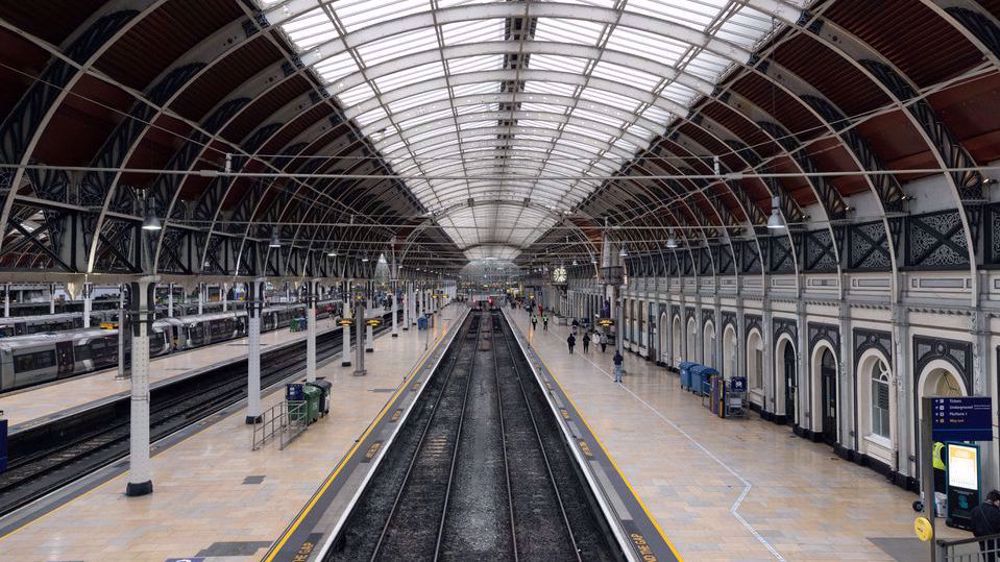
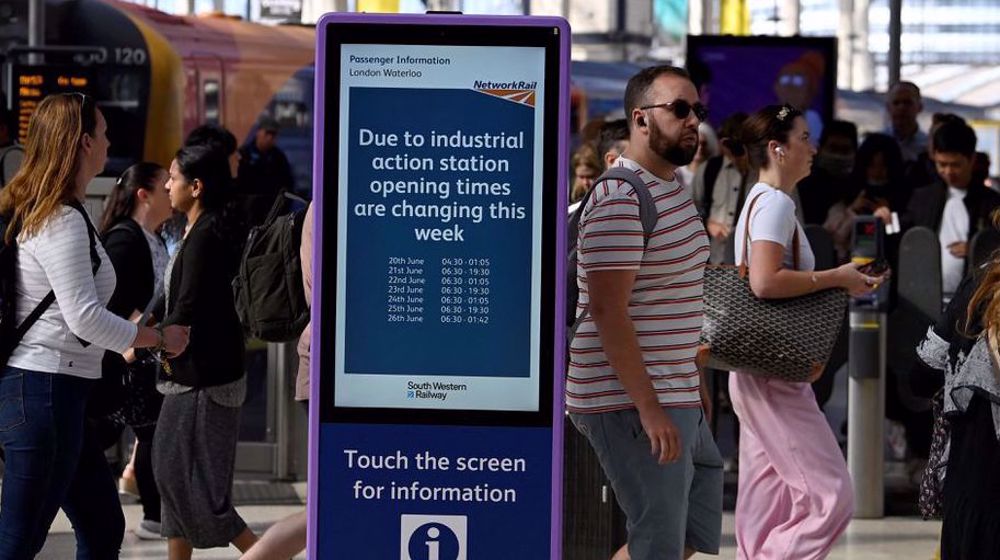
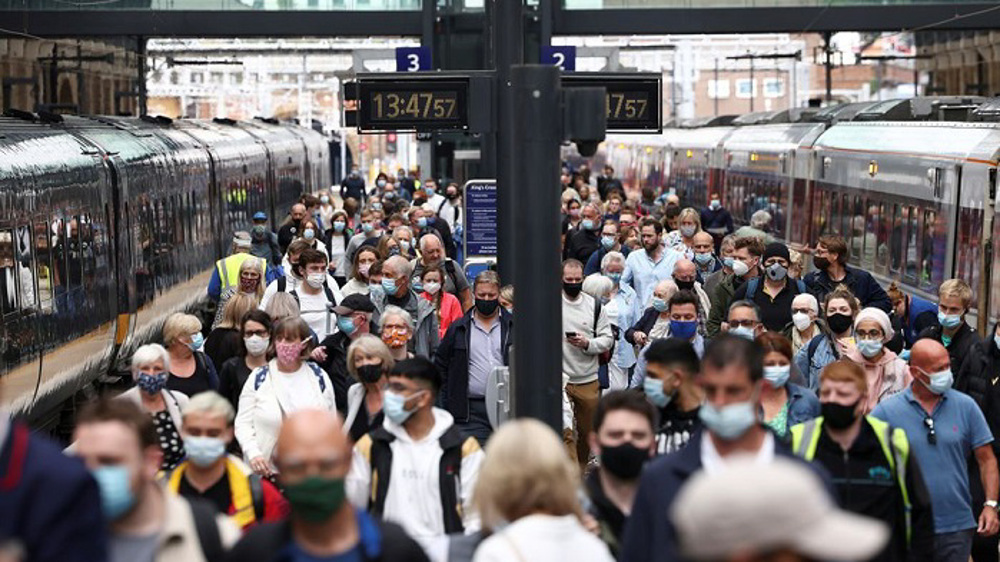
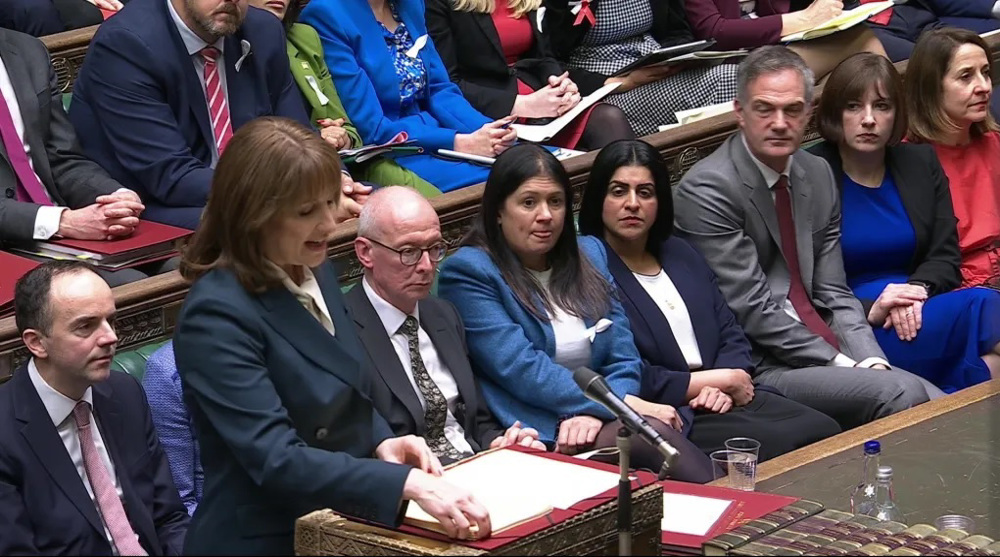





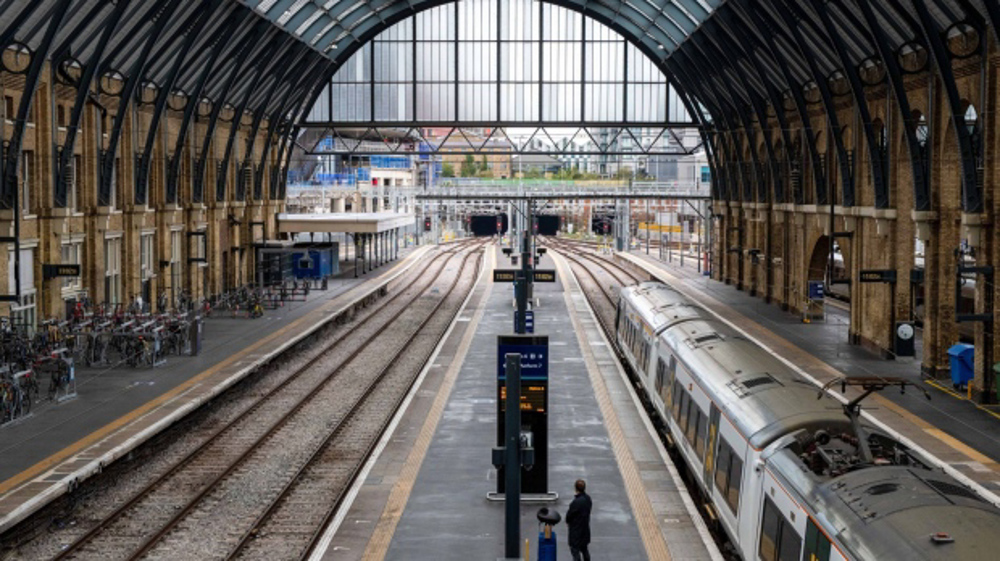
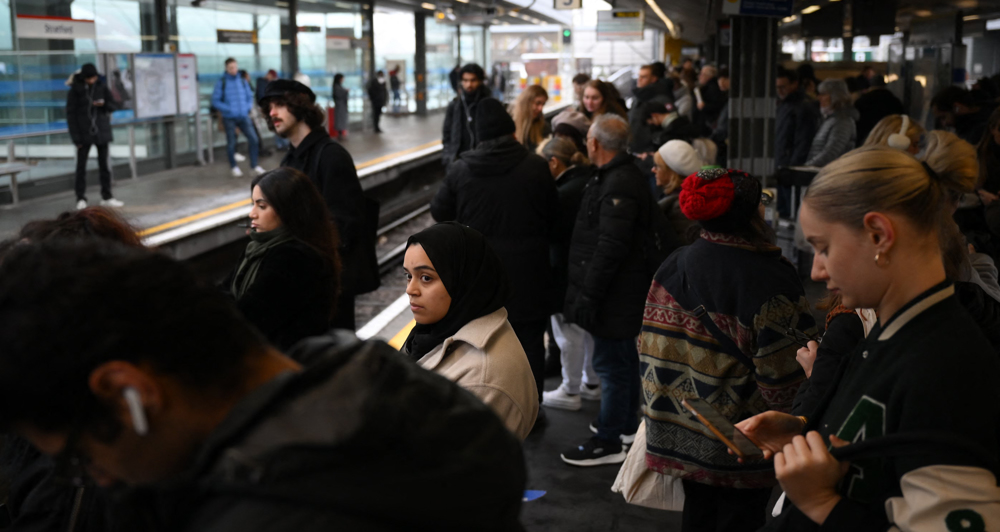
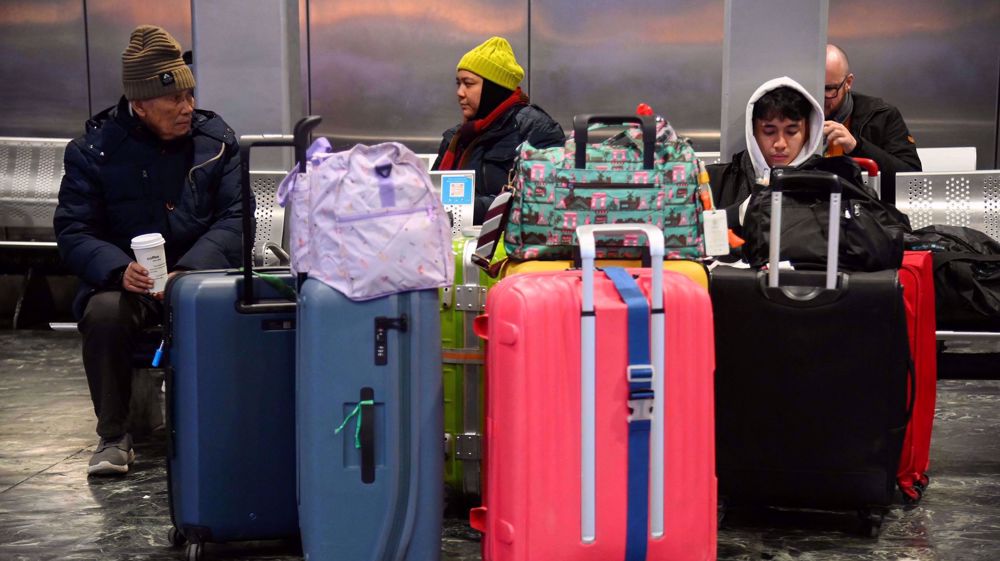
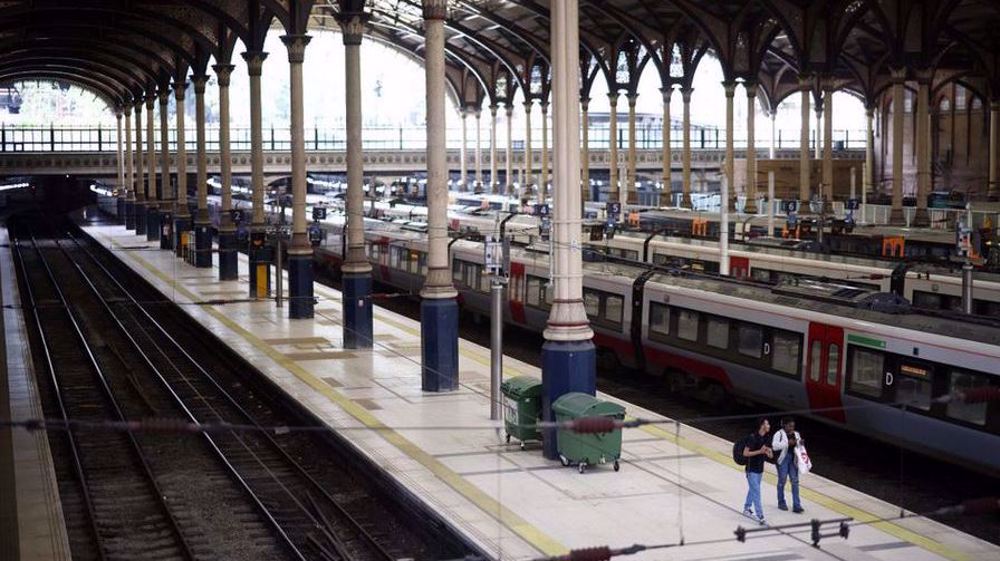
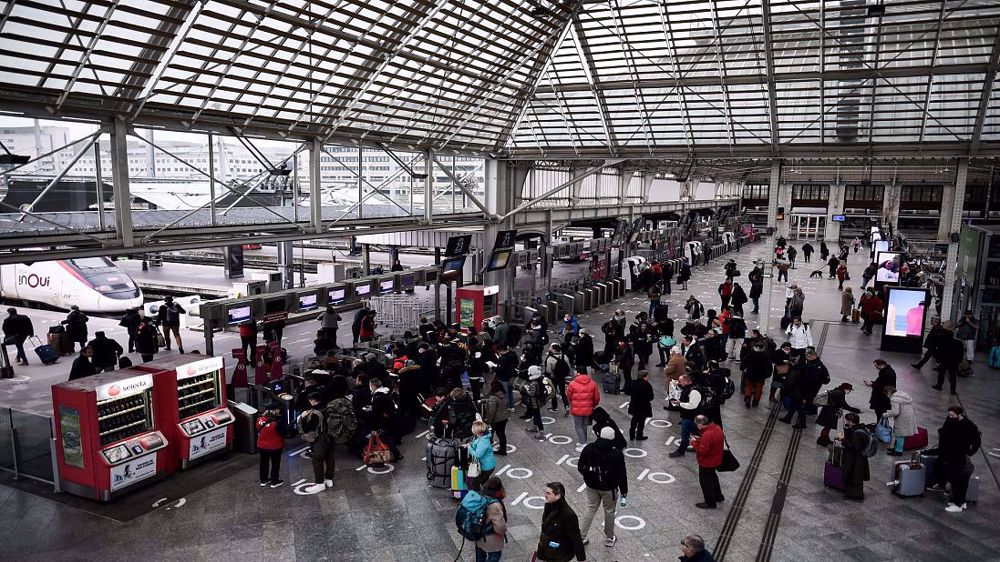

 This makes it easy to access the Press TV website
This makes it easy to access the Press TV website